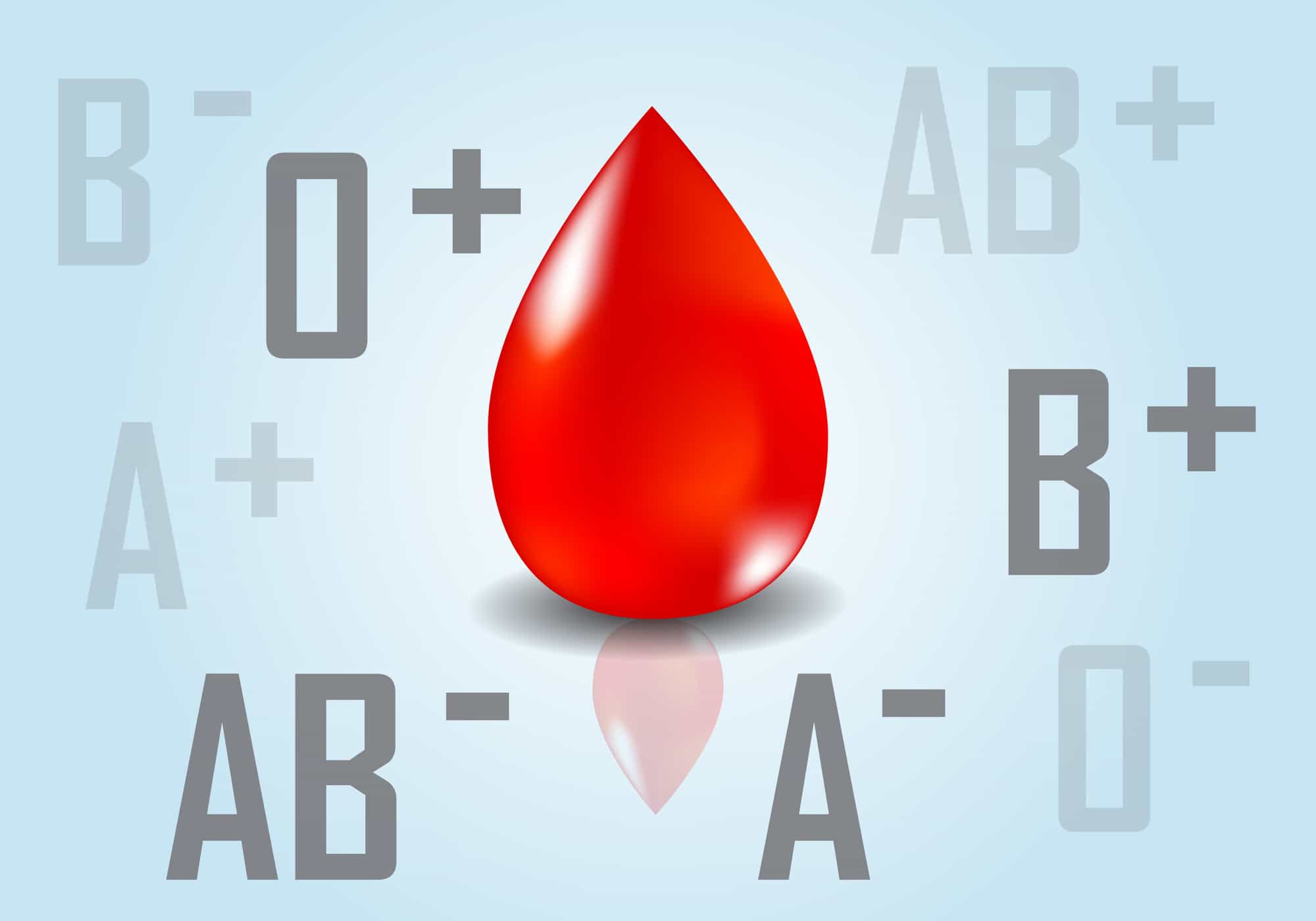Contents:
- Medical Video: Flu vaccine more effective than last year
- Effective combination vaccines protect the body from various diseases
- Various kinds of combination vaccines
- MMR vaccine
- DPT vaccine
- DPT-HB vaccine
- DPT-HB-HiB vaccine
Medical Video: Flu vaccine more effective than last year
Newborns have an immune system obtained from their mothers during the womb. However, the immune system only lasts for a few months. Babies who don't have their own immune system; still in the development stage, unable to fight dangerous diseases. Babies who are exposed to various viruses and bacteria every day must be protected by vaccines, one of which is a combination vaccine. Are combination vaccines effective in protecting the body from various diseases? Consider the following review.
Effective combination vaccines protect the body from various diseases
Vaccines are actually substances that contain a weakened virus in order to stimulate the body's immunity. Although it contains a disease virus, calm down this will not endanger the health of the baby, because the virus no longer has the ability to infect the body.
By giving the vaccine to your child, it is hoped that his body can remember the virus and the body's immunity is ready and strong to fight it.
Currently, many vaccines have been developed by researchers and have been approved for use by the World Health Organization (WHO), such as BCG for tuberculosis, hepatitis B, polio, Hib for Haemophilus influenzae type b, and many more. Too much number of vaccines recommended to be given to children for 12 months is too risky for the scope of the vaccine to be given as a whole.
For this reason, a combination vaccine is made, which is giving two or more different vaccines in one shot. This reduces the number of injections in the child's body which usually cause pain, swelling and even trauma to the child on a syringe.
Then, giving a combination vaccine also makes it easier for parents because the vaccine can be given in one visit without the need to go back and forth on another day to health services, minimizing the costs incurred, while reducing the side effects caused by each vaccine given.
Reporting from the CDC, scientific data shows that administering multiple vaccines simultaneously does not cause chronic health problems. Although certain vaccine combinations can cause side effects, such as symptoms of fever, but these symptoms are only temporary and do not cause permanent damage. The combination of vaccines has proven to be effective in protecting children during the body's growth and development of its immune system.
Various kinds of combination vaccines
MMR vaccine
MMR vaccine (Measles, Mumps, Rubella) is a combination of several vaccines for measles, mumps and rubella given in one injection. The disease is very contagious and can cause serious complications, such as meningitis, swelling of the brain, and deafness.
DPT vaccine
DPT vaccine (Diphtheria, Pertussis, Tetanus) is a combination of several vaccines for diphtheria, pertussis (whooping cough), and tetanus. The disease causes respiratory problems, stiffness in the body muscles, brain damage, and even death.
The vaccine is then re-developed into a DPaT which has a lower risk of fever.
DPT-HB vaccine
The DPT vaccine is then combined with a vaccine for hepatitis B to prevent three diseases such as diphtheria, pertussis, and tetanus while preventing the hepatitis B virus from causing liver disease.
DPT-HB-HiB vaccine
The DPT-HB vaccine is then redeveloped by adding a Hib vaccine to Haemophilus influenzae type b. This vaccine is known as the pentavalent vaccine, which functions to prevent diphtheria, pertussis, tetanus, liver disease, and pneumonia, and meningitis.












